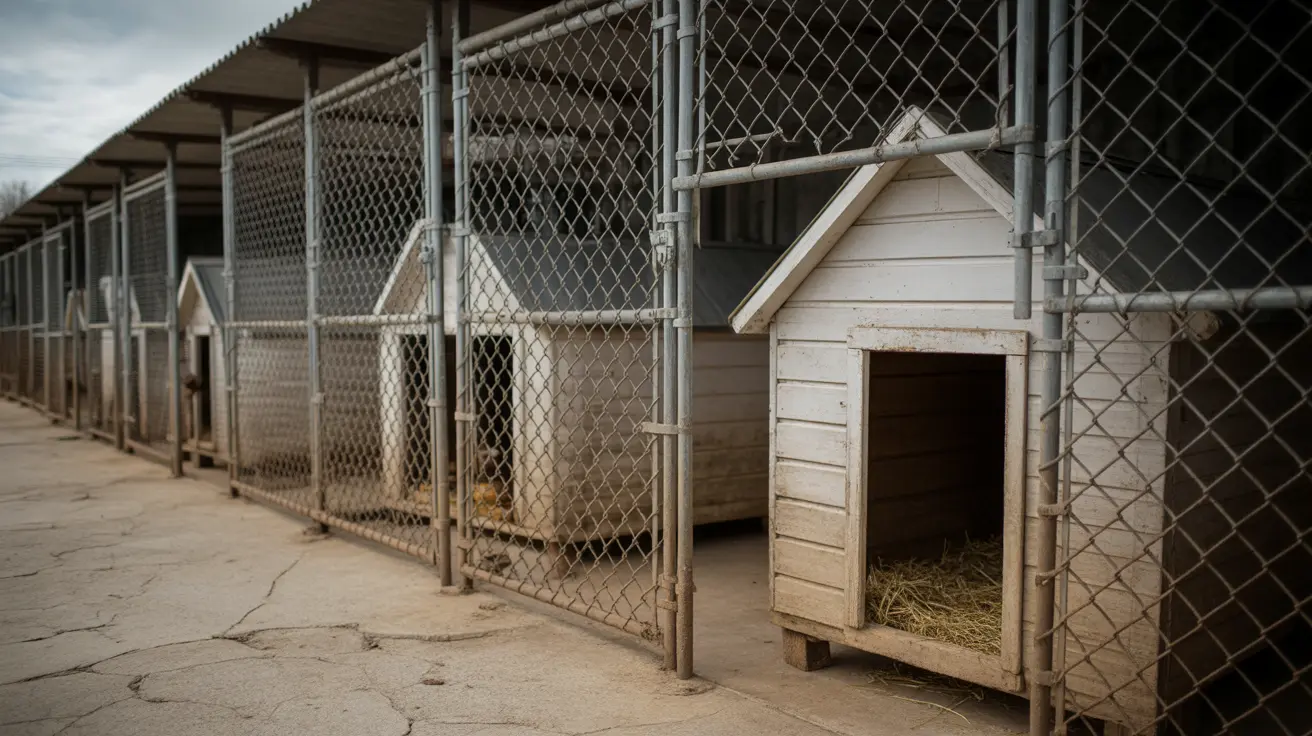Why Would Someone Name Their Cat Broccoli?
Drake naming his cat Broccoli may seem quirky at first glance, but it could reflect a deeper appreciation for feline health and dietary awareness. While cats are obligate carnivores, meaning they primarily need animal-based protein, certain vegetables like broccoli can be safely incorporated into a cat's diet in moderation. This fun and unique name might also reflect a cat's playful or inquisitive personality, especially if it has shown an affinity for this vegetable.
Can Cats Eat Broccoli?
Yes, cats can eat small amounts of broccoli as an occasional treat. While they do not derive significant nutritional value from vegetables compared to meat, some cats enjoy nibbling on greens. Broccoli can offer the following benefits when served correctly:
- Rich in fiber, which may support digestion
- Antioxidants that boost immune health
- Contains vitamins A, C, and K
- Provides essential minerals such as potassium and magnesium
How to Prepare Broccoli for Your Cat
If your cat shows interest in broccoli, preparing it properly is vital for safety:
- Wash thoroughly to remove pesticides
- Steam or boil until soft
- Chop into tiny pieces the size of a pinky nail or a teaspoon
- Serve plain – no oils, seasoning, garlic, or sauces
Broccoli can be safely served up to twice a week but should not exceed 10% of your cat’s daily calorie intake.
Watch for Adverse Reactions
Overconsumption of broccoli can cause:
- Vomiting
- Diarrhea
- Gas and bloating
- Flatulence or abdominal discomfort
Cats with digestive issues, food sensitivities, or thyroid concerns should avoid broccoli due to its potential goitrogenic effects. Always monitor your cat after introducing new foods and consult your veterinarian if any symptoms appear.
Other Cat-Safe Vegetables
Besides broccoli, cats may enjoy these cooked vegetables in moderation:
- Carrots (soft, cut small)
- Green beans
- Peas
- Sweet potatoes
- Pumpkin
- Spinach (small amounts only, due to oxalates)
Vegetables to Avoid
Never feed your cat the following, as they are toxic or harmful:
- Onions, garlic, chives, leeks, shallots (damage red blood cells)
- Avocado (contains persin, harmful to cats)
- Unripe tomatoes and plant parts (toxic alkaloids)
- Grapes and raisins (can cause kidney failure)
Fruits as Occasional Treats
In small amounts, these fruits are safe for most cats:
- Blueberries
- Bananas
- Apples (no seeds)
- Seedless watermelon
- Cantaloupe
- Strawberries
Due to their sugar content, fruit should only be given sparingly.
Foods to Always Avoid
- Chocolate
- Macadamia and walnuts
- Caffeine or coffee
- Xylitol
- Alcohol
- Raw meat or fish
- Cooked bones
- Raw bread dough
Conclusion
Drake's cat's name – Broccoli – might just be a fun personal choice, but it also draws attention to the role of vegetables in feline nutrition. While cats thrive on meat-based diets, small, safe portions of vegetables like broccoli can provide occasional enrichment. Always consult a veterinarian before making dietary changes. Whether it’s flavor, texture, or just feline curiosity, a name like Broccoli reflects both whimsy and awareness of what cats can safely snack on.





